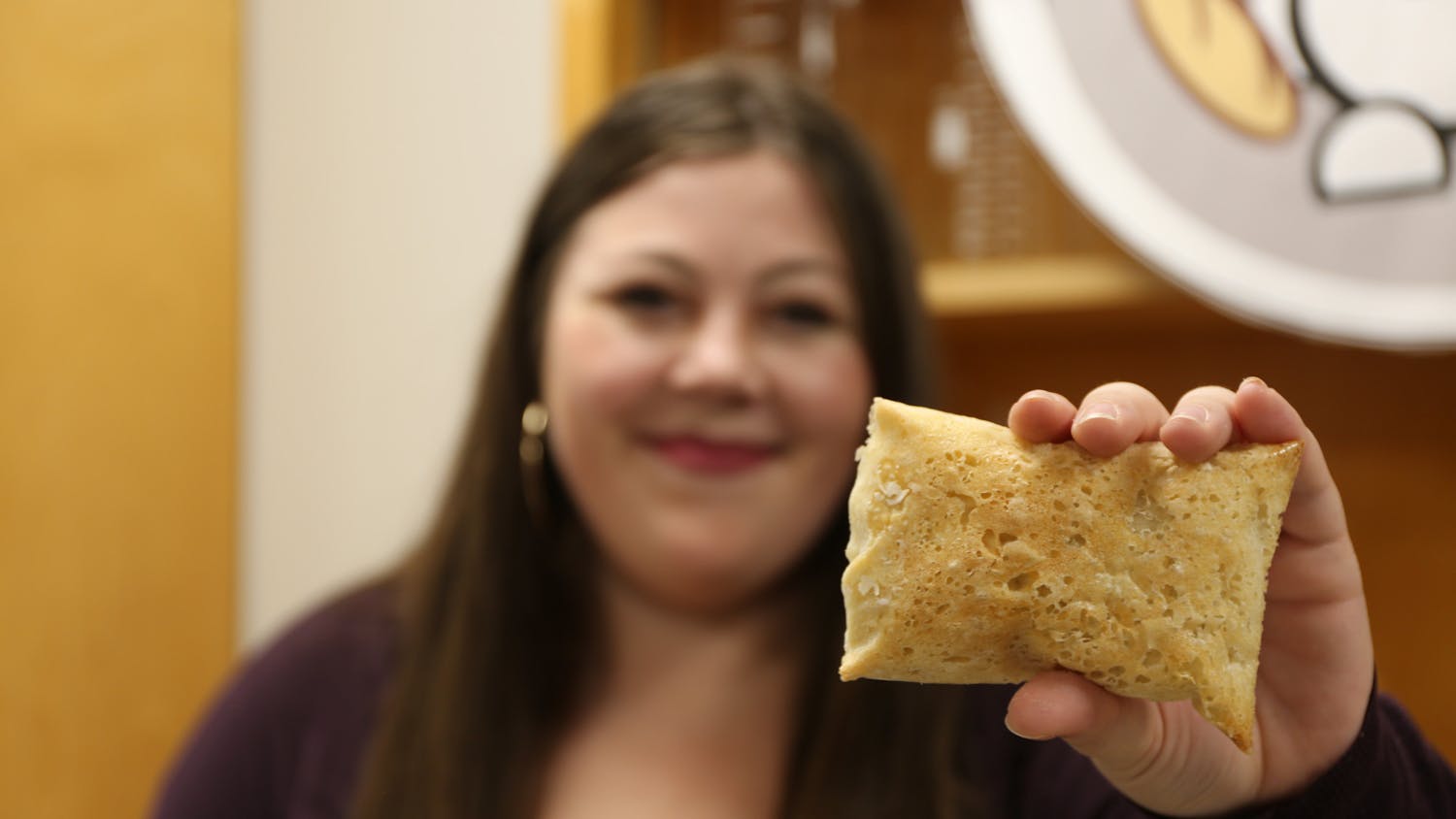When President Donald Trump discussed developing a Space Force in June, he sparked the imagination of the American people, including UF faculty and students.
A controversial issue, the topic has led to speculation about emerging career prospects and the Force’s practical applications.
UF’s Department of Mechanical and Aerospace Engineering professor Gloria Wiens said a Space Force has been a long time coming.
“The military is already working in space,” she said. “As soon as they saw China shoot down one of its satellites (in 2007), they were very much concerned about space.”
Wiens said a new Space Force would draw students into UF’s space engineering classes and programs, and increase the number of grants for military research.
“We do research that supports the military and private companies,” she said, referencing projects for NASA and other entities. “We are already working on technology that you would call ‘Space Force.’”
The professor’s vision of a Space Force reaches beyond military applications.
“I think a Space Guard is really what is needed,” Wiens said, comparing the idea to the Coast Guard.
She said such a task force would assist with rescues, complete inspections and enforce regulations in space.
However, there are advocates for a high level of U.S. military involvement in space.
William Van Dyke is a UF aerospace and mechanical engineering senior completing his third internship with Florida Turbine Technologies and is enthusiastic about a Space Force.
He believes a Space Force would be an invaluable asset.
“The Space Force would be for defending the U.S. by identifying potential threats and removing the capability that an enemy has to hurt the U.S.,” he said.
Van Dyke thinks its creation would have a positive effect on his career opportunities.
“If there is a Space Force,” he said, “there is more public demand for potential applications, and that would increase my job prospects.”
Van Dyke, project manager for the UF rocket team, said a Space Force could influence how current rocket designers apply their research.
“The UF rocket team, right now, (has) a liquid propulsion team trying to design a liquid engine,” he said. “A liquid propulsion team could very easily impact a Space Force if we designed a more efficient rocket engine to launch satellites or even protect satellites.”
Van Dyke doesn’t envision troops in space; he thinks of a Space Force as a battalion of small satellites.
While Van Dyke is certain that a Space Force is a positive application of U.S. resources, a former team member, Charles Wilson, isn’t so sure.
Wilson worked as the educational engagement lead of the UF rocket team last year. He coordinated with local schools to showcase rocket building to the community.
He doesn’t think 2018 is the right time to send military personnel in space.
“If the intention is to have a standing military in space, that’s very unreasonable, considering where rocket technology is,” Wilson said.
He said he would like to see technology advance to where spaceflight becomes more cost-effective. Until then, he doesn’t view a Space Force as the best use of taxpayer money.
However, Wilson is hopeful the idea of a Space Force revitalizes students to pursue degrees in space technology. He said he was disappointed the space craze had ended when he got to university.
“I’m excited about the notion that the government cares about space, that they have a renewed interest,” he said. “I was worried that no one really cared anymore.”





